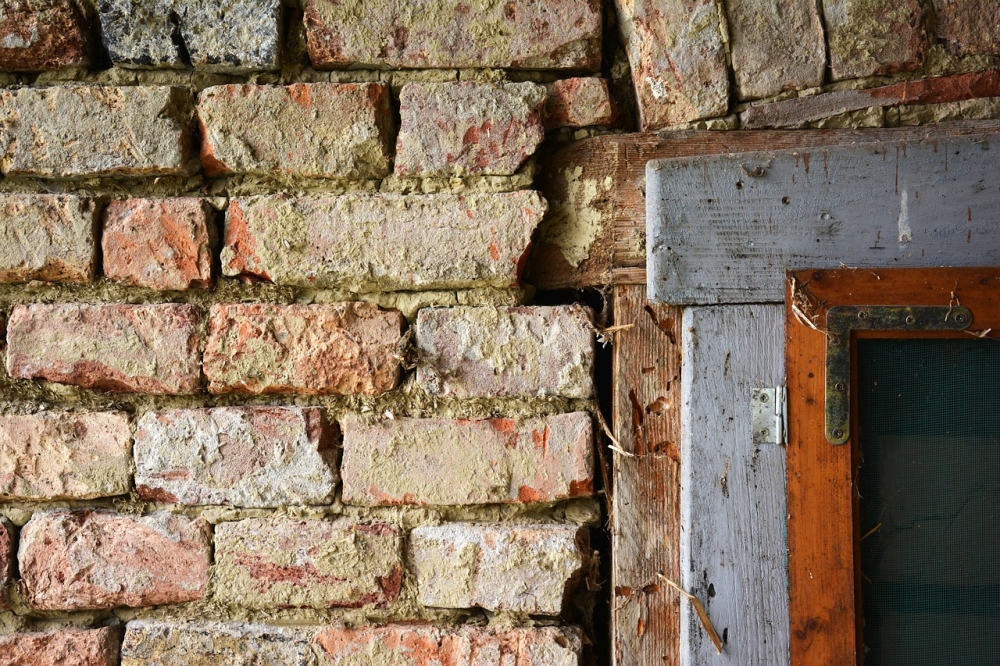Quick Tips for Identifying Building Mistakes When Buying a Family House
Purchasing a family house is a significant investment, and it's essential to ensure that the property is structurally sound and free from any major building mistakes.
There are some practical tips to help you quickly discover potential building mistakes when buying a house in a middle-sized town suburban district with a northern climate, experiencing below-zero winters and warm summers.
Engage a Professional Home Inspector
Hiring a qualified and experienced home inspector is crucial. They will conduct a thorough examination of the property, identifying any structural issues, faulty wiring, plumbing problems, insulation deficiencies, and potential code violations.
A professional inspection report will provide valuable insights into the overall condition of the house and help you make an informed decision.
Look for Visible Signs of Damage
During your visit to the property, pay close attention to visible signs of damage, such as cracks in the walls, ceilings, or foundation. Look for uneven floors, sagging roofs, water stains, or mold growth, as these can indicate underlying problems. Inspect windows and doors for proper sealing and operation.
Assess the Quality of Construction
Examine the quality of construction materials and workmanship throughout the house.
Poorly installed windows, doors, or flooring may indicate a lack of attention to detail. Check for loose tiles, creaking floors, or gaps in the walls, which could suggest subpar construction practices.
Additionally, inspect the roof for missing or damaged shingles, as this can lead to leaks and water damage.
Evaluate Insulation and Energy Efficiency
Given the climate conditions, adequate insulation is crucial.
Check if the house has sufficient insulation in the attic, walls, and basement. Look for any drafts around windows and doors. Additionally, inquire about the type of heating and cooling systems installed, their age, and energy efficiency ratings. A well-insulated and energy-efficient home will not only save you money on utility bills but also provide better comfort year-round.
Consider the Drainage System
Assess the property's drainage system to ensure it effectively manages rainwater and snowmelt. Look for proper grading around the foundation to prevent water pooling. Observe gutters and downspouts for signs of damage or blockages.
A poorly designed or malfunctioning drainage system can lead to water infiltration, basement flooding, and structural issues.
Review Permits and Building Codes
Research the local building codes and regulations applicable to the property. Verify if any recent renovations or additions have been properly permitted and inspected.
Non-compliance with building codes may indicate potential safety hazards or shortcuts in construction.
Buying a Family House Requires a Keen Eye
By engaging a professional home inspector, examining visible signs of damage, assessing construction quality, evaluating insulation and energy efficiency, considering the drainage system, and reviewing permits and building codes, you can quickly identify any significant issues.
Remember, investing time and effort in thorough due diligence will help ensure a safe and comfortable home for your family.
Photo source: Filip Filipović, Pixabay
